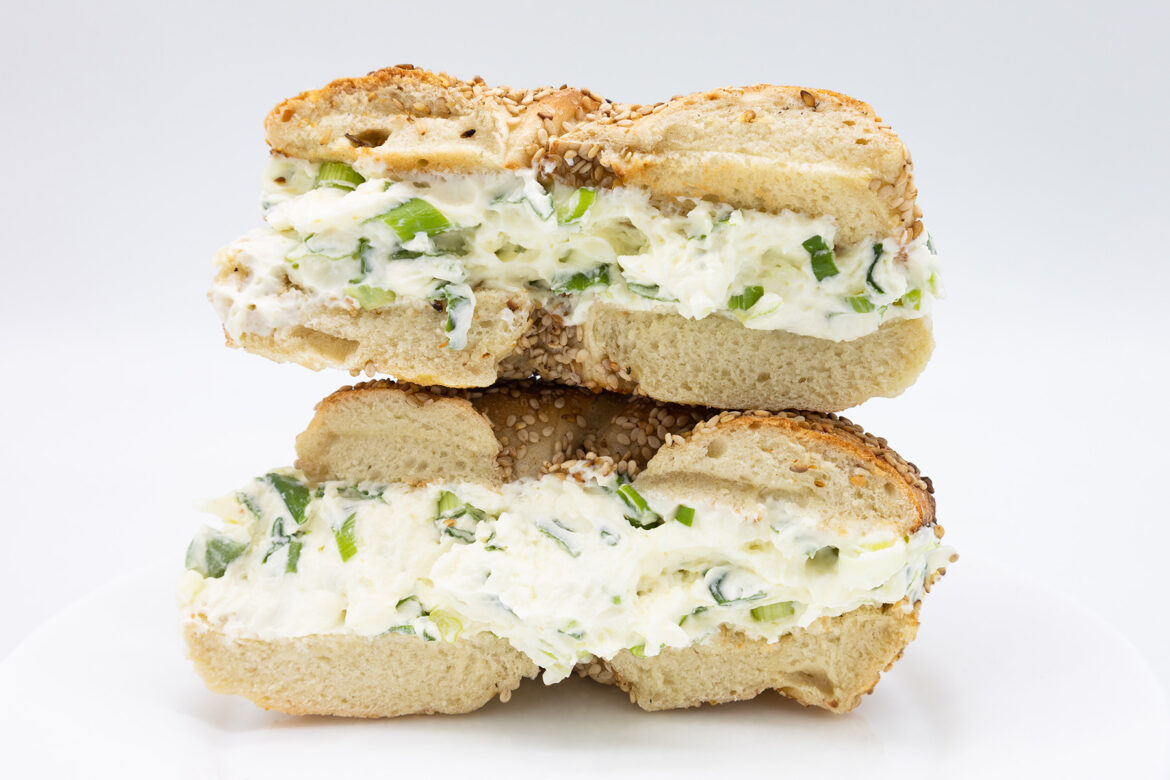This past December, Kraft’s Philadelphia Cream Cheese offered to pay 18,000 people who registered on its list $20 each to forgo baking a cheesecake for the holidays. Its “Spread the Feeling” campaign addressed a national cream cheese shortage that left bagel shops and bakeries in crisis mode: They were bargaining with their purveyors and scrounging for the odd, lonely brick at bodegas. For Kraft, it was a smart way to grab goodwill in the midst of a crisis.
Then Bloomberg dropped this bombshell: The shortage was caused by cyber attackers who compromised the distribution centers of Schreiber Foods in Wisconsin, a major manufacturer of cream cheese—though not of the Philadelphia brand. The attacks caused Schreiber Foods to suspend production of cream cheese for several days in October—long enough to cause a supply gap that was felt in December when the small inventories of the perishable ingredient had been exhausted and no more had taken its place.
Headlines about cyberattacks on cream cheese had a shouting-fire-in-a-theater effect, but it turns out the story was fairly mundane. The cyberattack was real and not particularly isolated; according to Bloomberg, both JBS Foods and an Iowa grain cooperative were similarly attacked in 2021. The shortage was exacerbated, though, by something that we’re all dealing with: supply chain disruption caused by COVID.
RELATED: Holy Scrap: Reclaiming Cheese Rinds
Apparently, cream cheese was just the spreadable version of all the other things you’ve been having trouble buying: a new fridge, curtains, furniture, lumber, plumbing supplies, sheetrock—supply chains are down all over. In the cream cheese world—and it is a world—some manufacturers have been struggling to access the starch they use as thickeners, nor can they get the plastic film and cardboard boxes they use for packaging. Plus, because of WFH orders, many in the workforce are breakfasting and lunching at home; between 2019 to 2020, cream cheese consumption jumped by 18 percent. Then there are widespread labor shortages that affect everyone, and the dairy industry in particular. Extra licenses are required for truckers to pick up milk from dairies—it’s specialized work.
Which nets us out in the comfort that our cheesecakes are in no further danger—cream cheese production is up and running again. But we can’t promise that supply chain shortages won’t affect our access to other foods.



